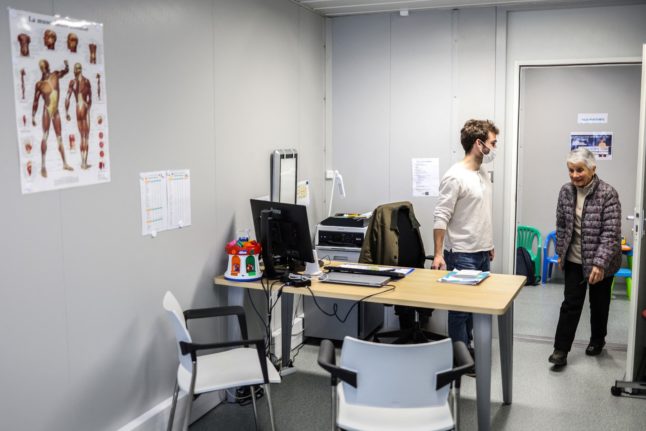The annual deficit, which has spiralled as President Emmanuel Macron’s government tries to prop up the struggling economy with massive spending, is now expected to reach nine percent of gross domestic product (GDP) in 2021, he told reporters.
This compares to an 8.5 percent estimate included in the government’s 2021 budget plan, and a three percent deficit limit EU members must usually respect, but have swept aside as they deal with Covid.
The Minister had already told Sunday paper JDD that economic growth was now likely to come in at 5.0 percent this year and not 6.0 percent as believed earlier.
The government last week extended Covid restrictions to cover the entire country and said they would remain in place for at least a month.
READ ALSO: Doctors fear worst of Covid-19 wave still to come in France
“These measures will affect the French economy,” Le Maire said. France’s debt level was now likely to hit 118 percent of GDP this year, Le Maire told the Grand Jury LCI-RTL-Le Figaro TV programme, up from an earlier 115 percent estimate and around double the EU’s 60-percent debt ceiling.
The minister called the new forecasts “exact and sincere”. France is going through a third wave of the pandemic which has seen daily new cases surge to 40,000, around double their level a month ago.
Le Maire also said he had reached an outline agreement with the European Commission allowing France to pay more aid to flagship carrier Air France which has been struggling due to Covid restrictions along with the rest of the world’s airlines.
In return, Air France would have to give up some slots at Orly, Paris’s second-busiest airport after Charles-de-Gaulle, he said.
The sums involved would be discussed with the carrier, which was expected to vote on the deal at a board meeting Monday, Le Maire said.
READ ALSO: Bars, terraces and cultural sites – How France is planning to return to normal from ‘mid May’
Rival airline Ryanair has lambasted French state aid for Air France, saying it distorts competition.
Although the Irish airline lost its legal case against state aid for the French carrier, it has argued that any additional help should be made contingent on Air France giving up airport capacity.



 Please whitelist us to continue reading.
Please whitelist us to continue reading.
Member comments